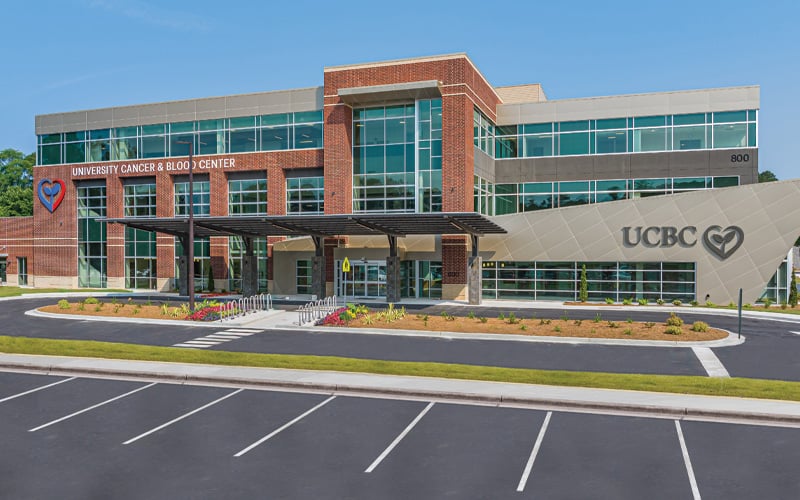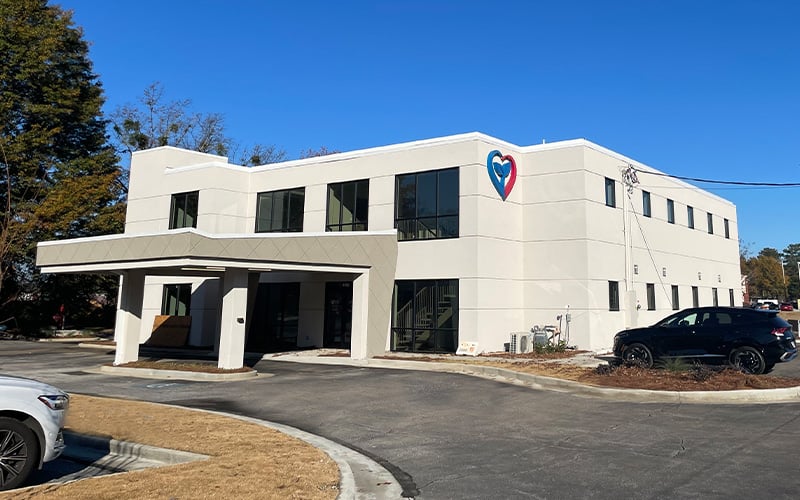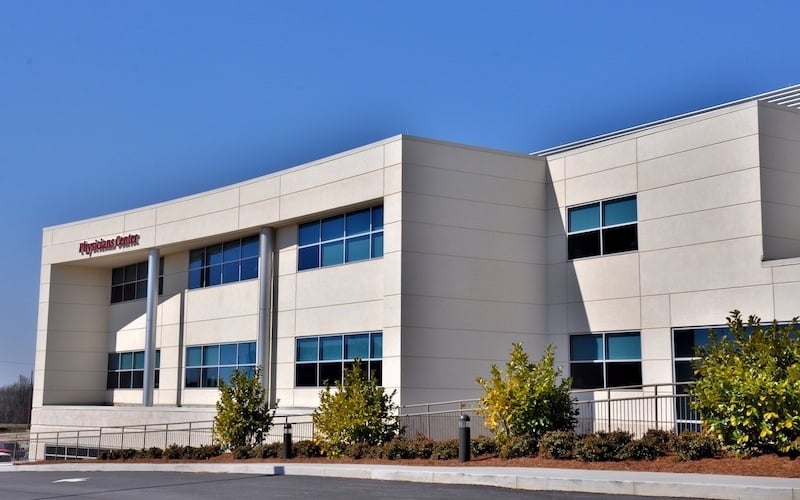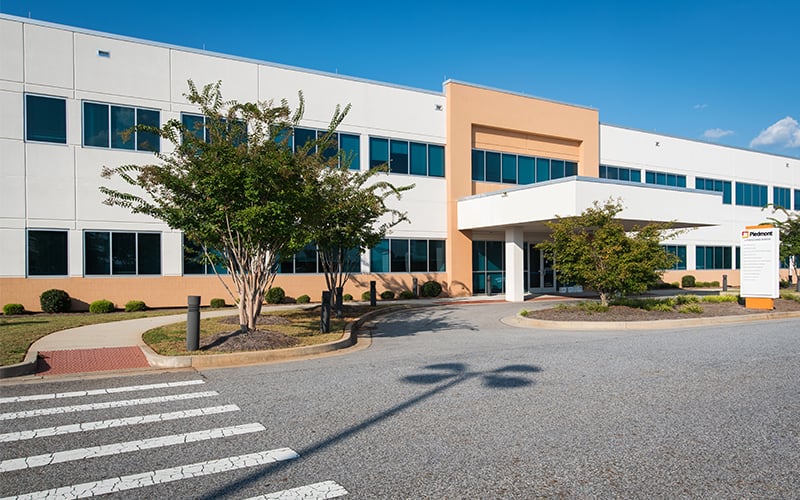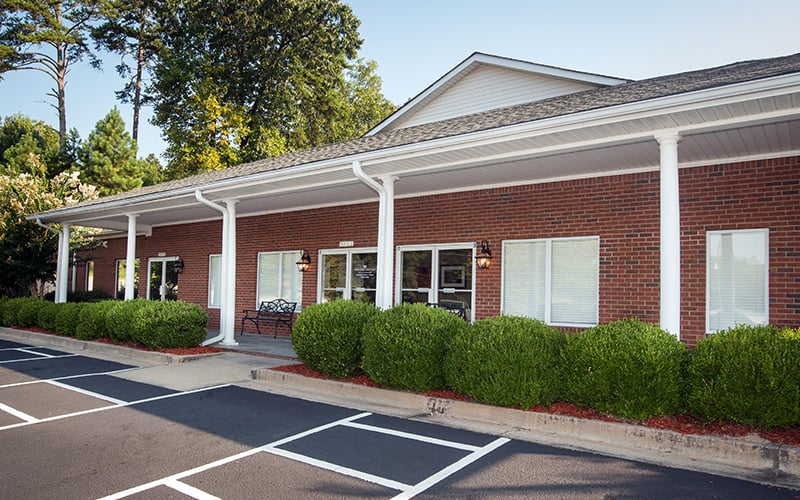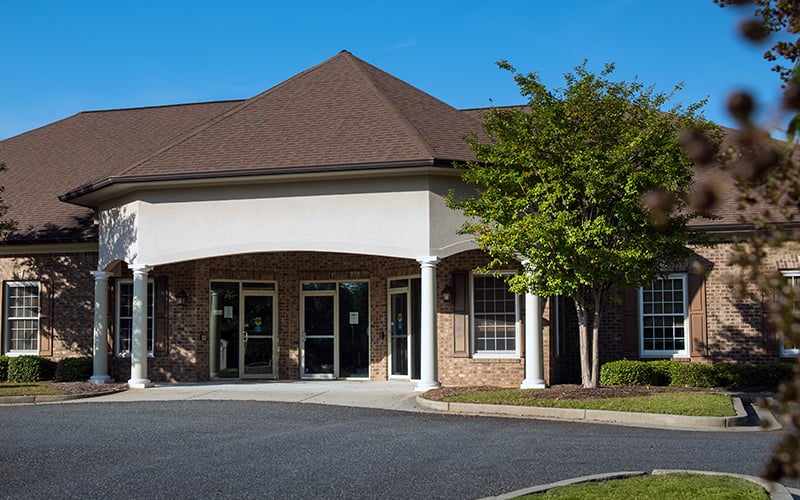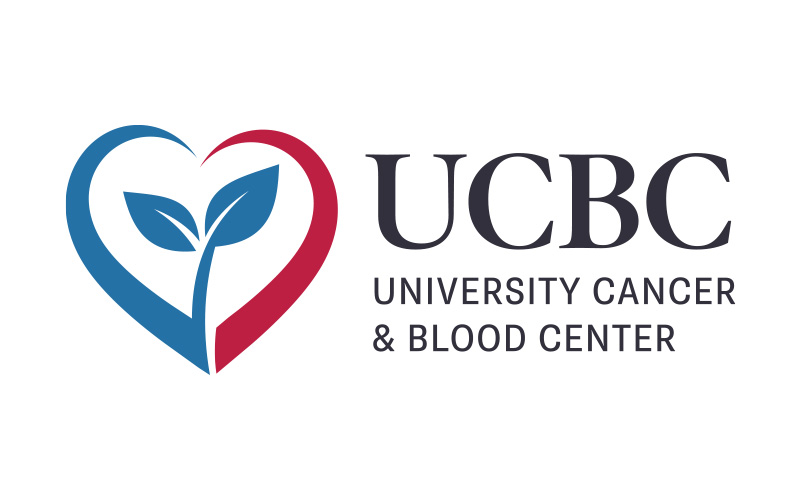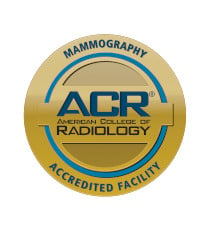Gastroenterology is a medical specialty that focuses on parts of the digestive system and the conditions that affect them. Because components of the digestive system can be sites for cancer, gastroenterology and cancer care often converge. Find out more about the overlap between these two important medical specialties below.
What Does a Gastroenterologist Do?
Gastroenterologists are specialists who receive additional medical training and certification to diagnose and treat conditions of the digestive system. They work with all components of the digestive system, including the esophagus, stomach, small and large intestine, rectum, pancreas, gallbladder, bile ducts, and liver.
Since the gastrointestinal system comprises so many different organs, the conditions these specialists treat are numerous. For example, they can diagnose and treat esophageal conditions, such as gastroesophageal reflux disease (GERD), as well as gastrointestinal conditions such as irritable bowel syndrome. In addition, they specialize in conditions of the liver, pancreas, bile ducts, and gallbladder.
How Do Gastroenterologists & Cancer Specialists Work Together?
Gastroenterologists can play an important role in diagnosing and treating certain types of cancer. In some cases, they may even help to prevent the development of cancer. For example, a gastroenterologist may diagnose Barrett’s esophagus, a condition in which the lining of the esophagus becomes thickened and inflamed due to acid reflux. People with Barrett’s esophagus are more likely to develop esophageal cancer, but through routine monitoring and biopsies, gastroenterologists can check for and treat precancerous cells in an effort to prevent cancer.
Similarly, gastroenterologists perform colonoscopies, which can detect early-stage colorectal cancer before symptoms even appear and when the condition is most treatable.
In many cases, gastroenterologists are the specialists who will diagnose gastrointestinal cancer, which includes any cancer of the esophagus, stomach, pancreas, intestines, rectum, anus, or biliary system. These cancers can be identified through routine screenings, as well as diagnostic procedures such as biopsies.
Since gastroenterologists are trained to perform surgical procedures on components of the gastrointestinal system, they may also perform localized treatments for certain types of cancer. For example, surgery is often performed in cases of gastrointestinal cancer to remove tumors, affected tissue, or even entire organs that have been affected by cancer. Surgical procedures may also be performed in combination with other localized treatments, such as radiation or targeted therapy to attack cancer cells, as well as systemic treatments, such as chemotherapy, which treats cancer that may have spread to other areas of the body.
Sometimes, gastroenterologists may also become a part of a patient’s oncology team even if they have a type of cancer other than gastrointestinal. For example, a gastroenterologist may look for signs of cancer that have spread to the digestive system, such as the liver, in patients with metastatic breast cancer. They can also help people with cancer navigate some of the challenging gastrointestinal symptoms that may occur with cancer and its treatment, such as vomiting, diarrhea, constipation, and weight loss.
Oncology often calls for a collaborative approach, which is why University Cancer & Blood Center comprises a team of oncologists, advanced practitioners, and medical specialists who are ready to provide all aspects of care our patients need. Find out more about the UCBC team on our website, or schedule an appointment by calling 706-548-0500.

